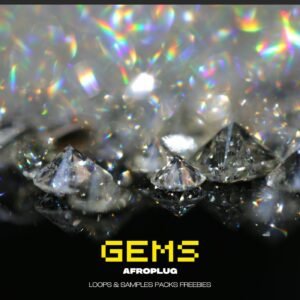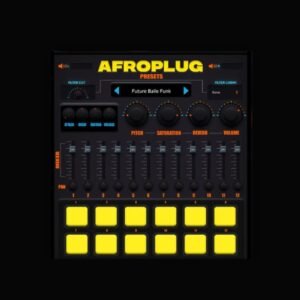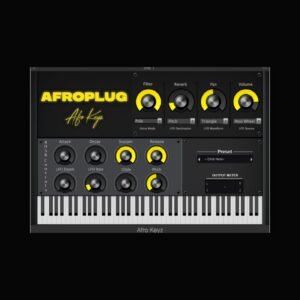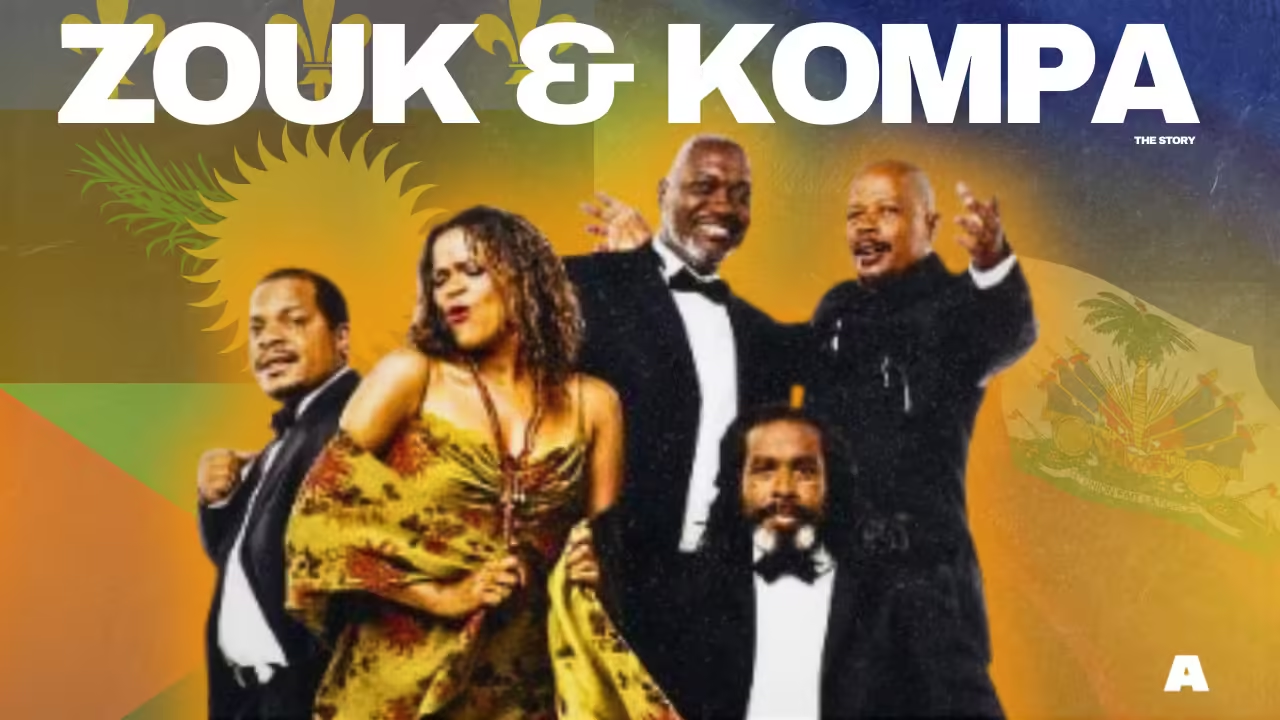You can contact us 24/7 via our Support team
€0.00
Best discounts this week for your next hits
Shattayard – Dancehall Shatta VST
All Blog Posts
Cart
Products
-
 Sweet Melodies & Drums
Sweet Melodies & Drums
€197.88Original price was: €197.88.€58.93Current price is: €58.93. -
- PluginsGouyad, Kompa, Kompafro
Rated 4.21 out of 5€0.00 – €42.11Price range: €0.00 through €42.11 -
- Loops & SamplesAfrobeat, Afrobeats, Afropop, Afrosoul, Afroswing, Drums, Guitars, R&B, Soul, UK Afrobeats
€63.16Original price was: €63.16.€25.27Current price is: €25.27. -
- Loops & SamplesAfrobeat, Afrobeats, Afrofusion, Afrosoul, Afroswing, Melodies
Recent reviews
-
 Gems
Rated 5 out of 5by jules Beatmaker
Gems
Rated 5 out of 5by jules Beatmaker -
 Afroplugin - Drum VST
Rated 5 out of 5by Franklyn E.
Afroplugin - Drum VST
Rated 5 out of 5by Franklyn E. -
 Shattayard – Dancehall Shatta VST
Rated 5 out of 5by B Sounds
Shattayard – Dancehall Shatta VST
Rated 5 out of 5by B Sounds -
 Log Drums X
Rated 5 out of 5by Dickson Albert
Log Drums X
Rated 5 out of 5by Dickson Albert
Zouk and Kompa are two vibrant genres that have become synonymous with Caribbean music, particularly in the French-speaking islands of the Caribbean. These styles not only reflect the rich cultural heritage of the region but also showcase the dynamic influences that have shaped their evolution over the years.
The Origins of Zouk
Zouk originated in the 1980s in Guadeloupe and Martinique, primarily from the musical fusion of traditional Caribbean rhythms and various international genres, including funk, jazz, and reggae. The term “Zouk” itself means “party” in Creole, and true to its name, the music is often lively and designed for dancing. The genre gained international recognition through the pioneering work of bands like Kassav’, who blended electronic sounds with traditional rhythms, creating a fresh, infectious style that resonated with audiences worldwide.
The Rise of Kompa
In parallel, Kompa emerged from Haiti in the mid-20th century. Initially rooted in the traditional Haitian genre known as “twoubadou,” Kompa incorporates influences from jazz and rock, making it a unique fusion that is deeply melodic and rhythmically engaging. The genre is characterized by its use of electric guitars, brass instruments, and infectious beats, which make it a staple at celebrations and gatherings.
Cultural Fusion and Influence
Both Zouk and Kompa draw heavily from the diverse cultural landscapes of their respective regions. They reflect the interplay between African, French, and indigenous Caribbean influences, resulting in music that is rich in rhythm and melody. These genres serve as a powerful means of expression for their communities, often addressing themes of love, resilience, and cultural pride.
Conclusion
The birth of Zouk and Kompa is a testament to the power of cultural fusion and the enduring influence of Caribbean music. By exploring these genres, musicians can tap into a rich legacy while also innovating and creating new sounds. With resources like Kod sou kod available through Afroplug, the possibilities for musical exploration are endless. Dive into these vibrant rhythms and let your creativity flow!


